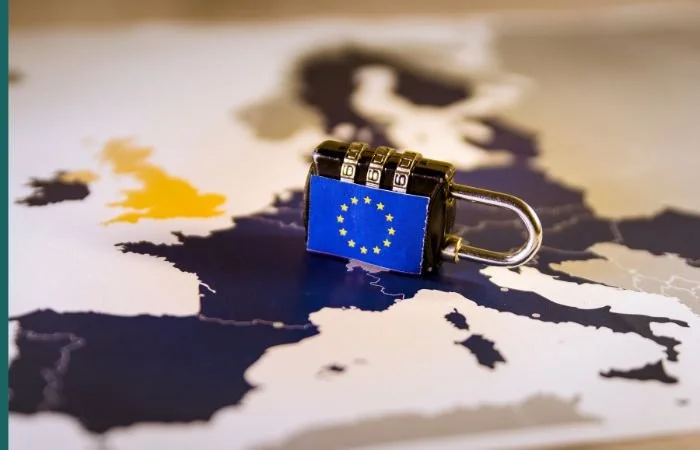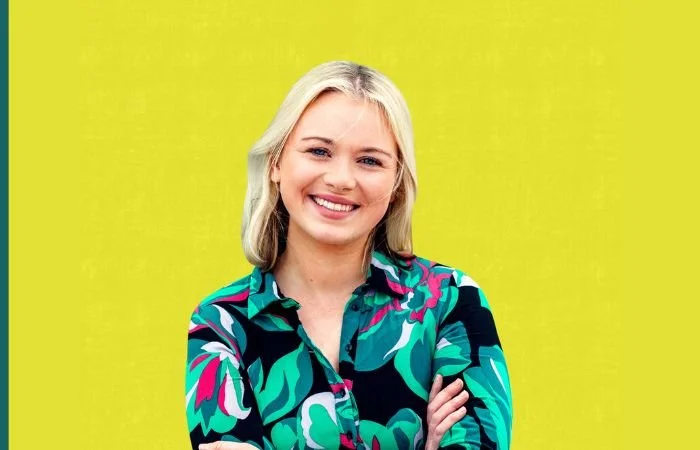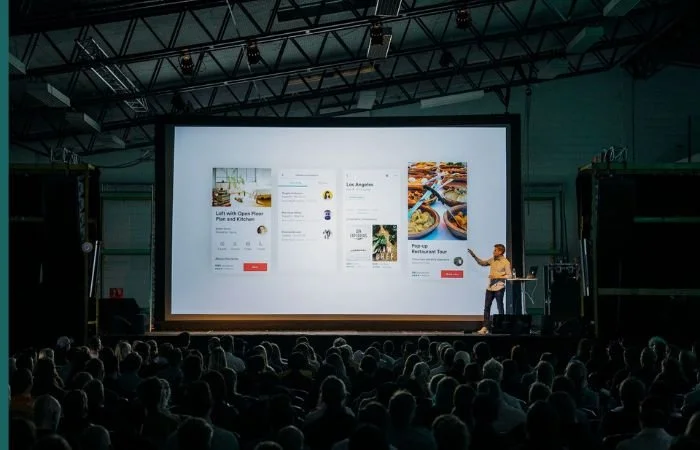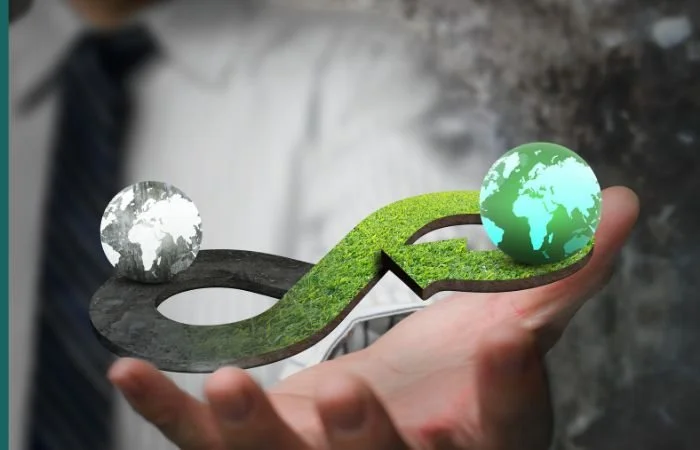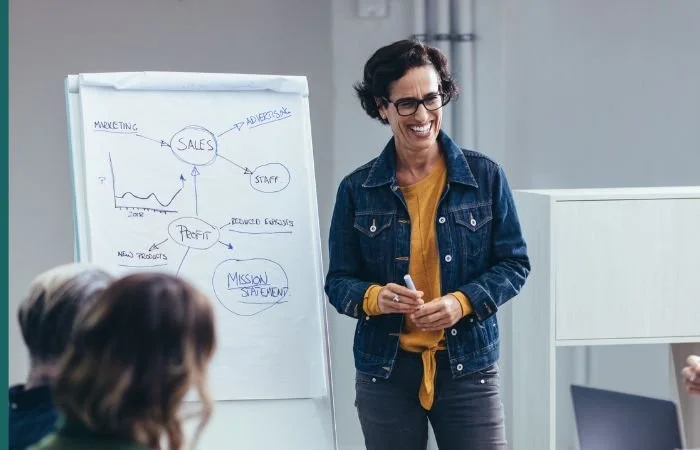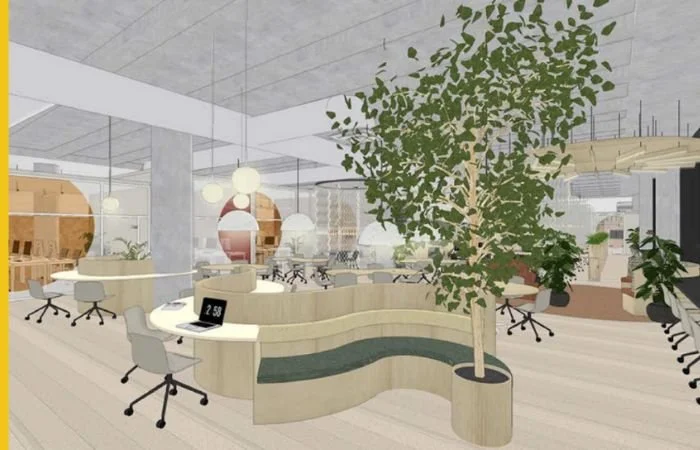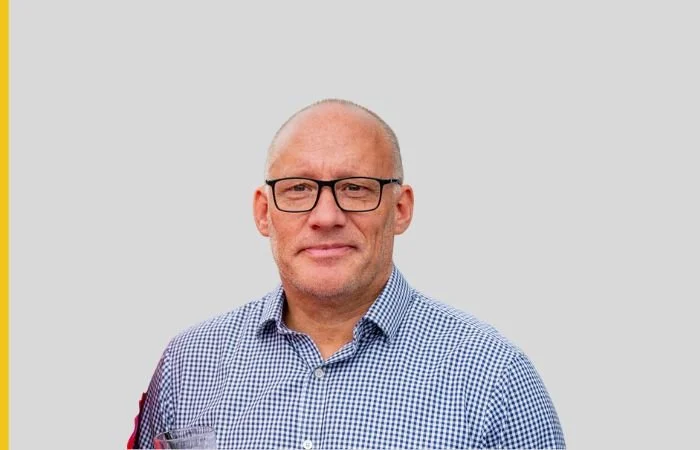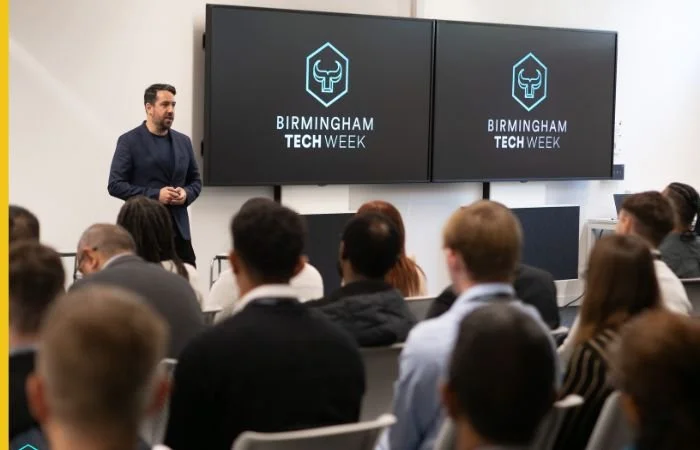Meet the founder of Trustedoctor
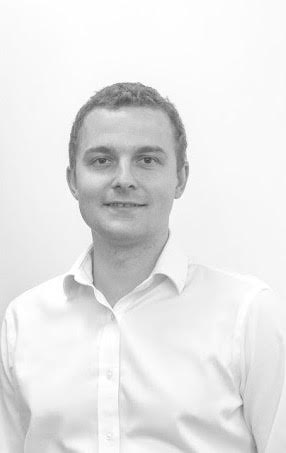
I am wholeheartedly inspired by what you’ve created with Trustedoctor Greg Jarzabek, but before we jump into this incredible platform, please tell me a little bit about yourself.
Thank you so much! I started my career in the City and was head of corporate credit trading for Mitsubishi Securities before embarking in the world of startups. I’m originally from Lublin in Poland but now live in Greenwich, SE London with my wife and 3 year old twins, boy and a girl.
Trustedoctor, the first virtual platform of its kind, aims to make finding the right brain tumour specialists easier and stress free for patients.
What inspired you to create this amazing platform?
My mother was diagnosed with pancreatic cancer at the age of 55 back in Poland. At the time, I was living and working in London and trying to manage her treatment and care remotely. In Poland, there is a real shortage of cancer specialists and it was a challenge to get the correct diagnosis and then to map out the right treatment for her.
We literally travelled the world for help, consulting with doctors in Switzerland, the US and Japan. The time, money and emotional energy that was needed was overwhelming, all the while complicated by the fragmented nature of information and advice and the lack of clarity as to which doctors are genuinely world-leading. In a digital age, I knew there had to be a better way to help people in my situation and so, Trustedoctor was conceived.
A key issue when searching for the right care is the lack of a credible, independent source of information. If you tap “world’s best cancer doctor” into a search engine, more likely than not you find whoever has spent the most on adwords. With Trustedoctor, our world-leading specialists cannot pay to join or be listed but are identified through a combination of clinical excellence, academic output and peer recommendation. They are then vetted by our Medical Advisory Board, which is itself comprised of pre-eminent doctors. We like to think of this as a kind of kitemark of quality.
You have such a special connection to Trustedoctor. How do you think this has impacted how the entire platform was built and shared?
I liked my previous career in finance but it wasn’t something I was really passionate about. My experience with my mother and talking with friends and colleagues showed me that this platform that has the power to change lives for the better. From day one, Trustedoctor has been about enabling connections to the world’s leading specialists and empowering patients and their families with the tools and information to manage their cancer treatment.
We also want to ensure that everyone can access the platform and so we have created a social revenue model where a percentage of topline revenue goes directly into a fund to benefit patients in need.
Additionally, many consultants on the platform consult for free and others donate any fees back to fund further cancer research.
Working with partners from patient associations and cancer charities has also been key and we currently partner with over 20 global bodies in this way.
How does the process work for any who is curious about giving it a go?
Patients or their carers create a digital profile where they can add medical files, scans or any other relevant information. They are then able to search for a specialist by location, cancer and tumour type and type of treatment and request an online consultation. The consultant can then review the files and decide whether to accept the consultation, or refer the patient to another specialist.
Once the doctor accepts the consultation, they send the patients available times for an online appointment with a secure browser link. The consultation takes part in a virtual private browser session that replicates the in-person experience as much as possible with patient and doctor able to see each other and what is on screen.
Doctors set their own rates for consultations with a percentage paid to Trustedoctor as commission and to cover operating costs and a percentage going to a social revenue fund for patients in need.
You are taking the specialists into everyone’s home, which is revolutionary. Do you have plans to expand into other areas?
In two years, we want to have 500 specialists across 20 cancers. While our world-leading specialists will always be by invitation-only, we envisage the technology being used for any doctor-patient or patient-patient communication.
We are already piloting with one NHS Trust to use the platform to manage post-operative follow-ups to reduce the need for patients to travel, the costs or potential for missed appointments and the levels of readmissions. We are in talks with hospitals around the world about licensing the technology in this way.
What has been the greatest moment for you during this entire venture?
To see patients doctors recognising what we want to achieve. To see patients from 25 countries consulting with doctors virtually sharing the knowledge and empowering patients with knowledge and best medical advice. To see the buy-in from world-leading specialists and patient organisations supporting us.
How do you believe the evolution of tech will affect the healthcare industry over the next 10 years?
The healthcare model will change dramatically, moving away from a doctor-centric model to a patient-centric model. Patients will decide where and how they are treated, virtual consultation combined with virtual reality is going to dominate this space in the future. Patient data will be connected and easily available for researchers who, collaborating together will contribute to better healthcare outcomes.
How did you develop key partnerships to kick-start the growth of Trustedoctor?
Shoe leather and door-knocking! We went all around the world meeting and talking with anyone who’d listen about what we were trying to build. Luckily we had great specialists on board from the start such as co-founder, Dr Phillipe Schtuct, who were able to open some doors for us. Luckily, once we get a chance to talk about the vision and show the platform, people are generally very supportive.
What is the number one question every entrepreneur should be asking themselves?
I do not know what question every entrepreneur should be asking but I know what I am asking myself: Does it makes sense? Does it have impact? Can i change the world and do I have the passion for this journey?
What plans do you have for Trustedoctor over the next year?
We will roll out into multiple new markets, including Switzerland, France and Germany and aim to onboard 100 new world-leading specialists. We want to continue to raise awareness with patient organisations and global bodies combatting cancer.














